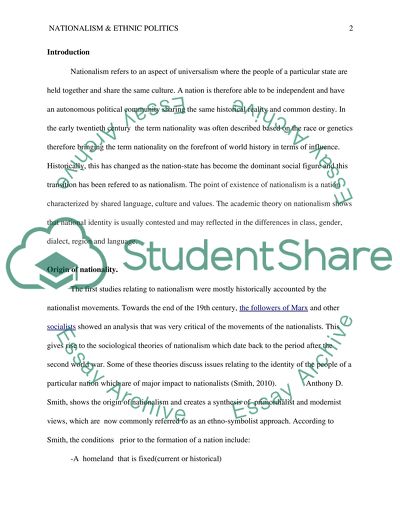Cite this document
(“Nationalism & Ethnic Politics essay on reading”, n.d.)
Nationalism & Ethnic Politics essay on reading. Retrieved from https://studentshare.org/history/1433238-nationalism-ethnic-politics-essay-on-reading
Nationalism & Ethnic Politics essay on reading. Retrieved from https://studentshare.org/history/1433238-nationalism-ethnic-politics-essay-on-reading
(Nationalism & Ethnic Politics Essay on Reading)
Nationalism & Ethnic Politics Essay on Reading. https://studentshare.org/history/1433238-nationalism-ethnic-politics-essay-on-reading.
Nationalism & Ethnic Politics Essay on Reading. https://studentshare.org/history/1433238-nationalism-ethnic-politics-essay-on-reading.
“Nationalism & Ethnic Politics Essay on Reading”, n.d. https://studentshare.org/history/1433238-nationalism-ethnic-politics-essay-on-reading.


